Five questions to ask your nurses before you replace your EHR
Given the fact that nurses will have the most exposure to patients in a practice and will likely possess a great deal of ‘on the ground’ information which can be tapped into to better inform implementation planning.
As Patricia Sengstack, president of the American Nursing Informatics Association states in an interview published in the healthcare journal Modern Healthcare notes, “Nurses are the biggest users of the EHR and are responsible for a large portion of the documentation that addresses quality measures, safety measures and the overall clinical picture of the patient.” Intuitively, nurses should serve a valuable resource and key stakeholder in EHR planning and implementation.
However, despite the wealth of practical information available to nurses, practices often fail to utilize their knowledge in the planning process. According a survey by Black Book Market Research 98% of nurses say that they’ve never been included in their hospitals’ decisions in EHR implementation. Cases studies show that including nurses in the planning process can provide significant, tangible benefits to practices and the exclusion of nurses from planning can result in EHR underperformance or in extreme cases a failed EHR implementation.
Given the value nurses can provide to the implementation process what should planners ask nursing staff when planning and implementing an EHR?
1. How can the system be designed to optimize workflows?
It is important to ask how can the system be designed to best optimize workflows. Given that nurses represent a clear majority of on the ground work with patients it is important to understand how an EHR can be designed as to best enable nurses to conduct their work with the least amount of disruptions.
2. What data entry features would be useful?
Data entry also factors heavily, therefore it is vital to ask your nurses how they input data and what can be done to improve this process. For example, nurses can best describe what works and what doesn't when discussing how work is conducted on the front lines and how clinical data is inputted in the fastest and most accurate manner.
3. How could this EHR impact communication with patients?
According to Black Book, 90% of nurses report that their EHR system has negatively impacted communications with their nurses and their patients. Therefore, it is important to consider if the EHR setup will not disrupt the process of communication with patients.
4. How could this EHR impact communication between members of the care team?
Further according to the Black Book survey above, 94% of nurses do not believe that the use of their current EHR has improved the communication between the nurse and the care team. As such it is important to ask what method of communication works.
5. Does the interface work for you?
Just as workflow and data entry is important, showing the nursing staff an EHR’s interface and asking if it will work for their existing work style or potentially optimize it can alleviate potential problems in adapting to a new system in the future.
Including nursing staff in the planning process should be considered a vital part of the planning process based on the value these individuals can bring to the table. As such, asking pointed questions to solicit workable stakeholder input can assist in this goal greatly.
Free white paper
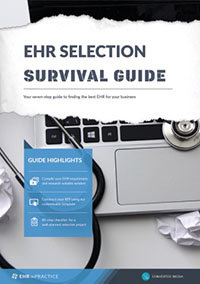
EHR Selection Survival Guide
The comprehensive guide to selecting the best EHR system for your medical practice.
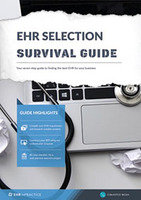
Featured white papers
-
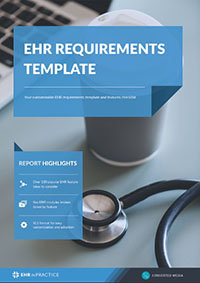
EHR Requirements Template
Over 100 requirement and feature ideas to kickstart your EHR selection project
Download -
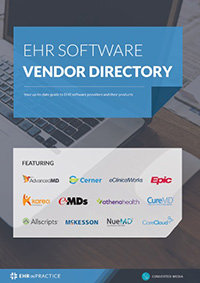
EHR Vendor Directory
Get the most up-to-date directory of EHR software vendors. Find the best software for your practice.
Download -
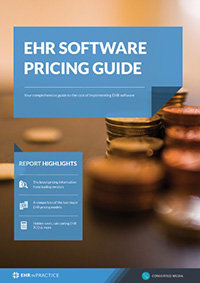
EHR Pricing Guide
Get your complete guide to EHR software pricing and project costs. Your headstart on EHR pricing research
Download
Related articles
-

EHR requirements and key features: your complete guide
Our extended guide to EHR requirements - everything you need to know and more on the subject
-

5 key stakeholders in your EHR selection
Learn about the individuals that, when consulted early and often, can make your EHR selection pro...
-

What successful EHR requirements gathering looks like
How to get the most out of your EHR requirements gathering process

